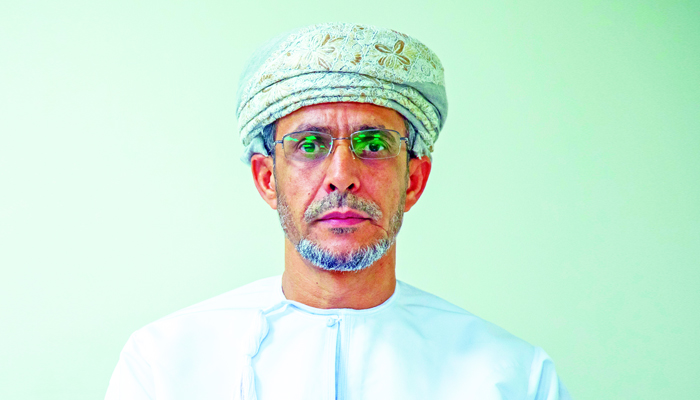
Muscat: A new study has measured the impact of the COVID-19 pandemic on people’s psychological wellbeing and their ability to properly pursue education.
Conducted by a research team spearheaded by Dr Mohsin bin Nasser Al Salmi from the College of Education at Sultan Qaboos University, the study aimed to identify the educational, psychological, and social effects caused by COVID-19 on the Omani society.
It also studied the positive aspects of people’s behaviour, showing the best practices followed by the Omani society in dealing with the COVID-19 pandemic, which can be utilised for dealing with similar situations in the future. Funded within the COVID-19 Research Programme, one of the initiatives of the Ministry of Higher Education, Research, and Innovation (MoHERI), the study sought to provide suggestions to those in charge of the various sectors included in this research project on how to deal with such pandemics in the future.
The study also aimed at training researchers in the humanities field on studying phenomena, such as COVID-19 that have huge impact on societies.
Speaking about the prominent effects, Dr. Mohsin Al Salmi, said, “This research study revealed the most important positive practices that the Omani society followed in dealing with the effects of COVID-19, which acted as a motivator for educational institutions to increase their attention to the quality of education, in terms of forming committees to deal with its effects benefiting from local media and social media.”
“Taking the quality of education into consideration, educational challenges and emergency conditions will be addressed so that institutions and students are kept up to date with modern trends and developments in the education system, as they benefit from international and regional experiences,” he added.
One of the main findings of the study in terms of psychological impact revealed that students in general education do have high levels of conforming to study, self-regulation strategies of learning, and psychological flexibility. On the other hand, they have low levels of academic burnout, procrastination, and academic anxiety that indicate the student’s ability to adapt to distance learning.
This also reflects the effort put by those in charge of the educational learning process in providing various ways to help learners achieve the educational aims.
The study findings also confirmed the long-term role of pandemic in the flourishing of technological life and digital communication (through social media applications) instead of physical communication.
The study also focused on the social impact of frontline workers tasked with fighting the pandemic. Members taking part in the study confirmed that working during COVID-19 added new skills for them and helped refine them better over time.
Because of the conditions they underwent and had to deal with, it made them understand the value of life, and helped change some of their perspectives.
Commenting on the most important recommendations this study came out with, Dr Mohsin Al Salmi said, “Recommendations given to those who are in charge at the educational sector can be summarised in the form of developing a partnership strategy with telecommunications companies to strengthen the infrastructure of schools and universities in different governorates and wilayats of Oman.”
“Furthermore, there needs to be a media plan in partnership with stakeholders in the media sector to address any future challenges faced at educational institutions,” he went on to say.
“A school should be concerned with improving the academic skills through self-education, those who are keen on learning, and must teach students the value of psychological flexibility that can help them adapt to new developments positively.”
Among the recommendations, the research team suggested continuing to implement this research project by carrying out an in-depth qualitative study through focused interviews and analysing documents to explore the views of stakeholders in education. The team also prepared a guidebook titled ‘The guide for grade 12 to adopt distance learning’.
It includes a set of instructions such as the strategies and habits of distance learning, how to deal with psychological pressures, and confronting low self-esteem.